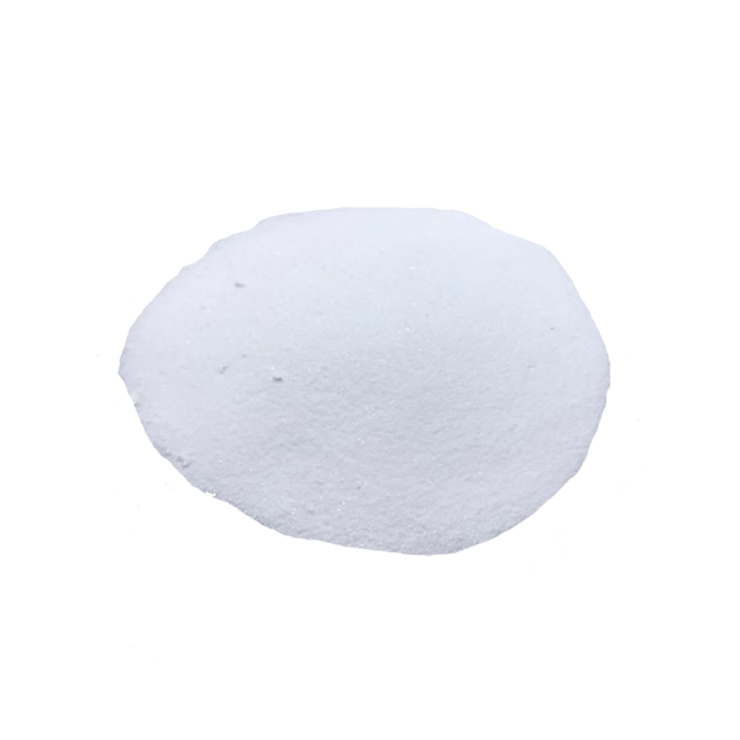Sales hotline
Sales hotline
Home >> Products >> Inorganic chemicals


CAS number:65997-17-3
molecular formula:CaNaO4P
molecular weight:158.039131
EINECS number:266-046-0
LIME GLASS;GLASS BEADS, ACID WASHED;GLASS POWDER;GLASS WOOL;GLASS WOOL, SILANIZED;GLASS SPHERES;GLASS;GLASS BALLS
Biochemical Reagents;Life Science Standards;Chemical Reagents;Biochemical Reagents-Other Chemical Reagents;Silane Reagents;Inorganic Chemicals;Inorganic Chemical Raw Materials;Cw Inorganic Functional Materials;Inorganic Chemical Products;Inorganic Salts;UVCBs-inorganic;Essential Chemicals;Reagent Grade; Routine Reagents;Boiling Media;Labware;Amberlite;Anion;LPLC Separation Media;Glass WoolHPLC Accessories;GC Accessories;Packed;Postcolumn Reaction System Accessories;Postcolumn Reactor Assemblies;Other Materials;Chemical Materials
Glass fiber is an inorganic non-metallic material with excellent properties. The material has very high insulation, heat resistance, corrosion resistance and mechanical strength, and is often used as a reinforcing material in composite materials, electrical insulation materials, thermal insulation materials, circuit substrates and other fields of the national economy. new material industry. Widely used in petroleum, chemical, construction, environmental protection, aviation, national defense and other fields.
| Melting point | 680 °C |
| Boiling point | 1000 °C |
| Density | 1.1 g/mL at 25 °C(lit.) |
Storage conditions | 15-25°C |
| Shape | Fiber (particle with a lengthto-diameter aspect ratio of 3 to 1 or greater). |
| PH value | 9-11 (100g/l, H2O, 20℃)(slurry) |
| Stability | Stable. |
When glass fiber is used as a reinforcing material for reinforced plastics, the biggest feature is its high tensile strength. The tensile strength is 6.3 to 6.9 g/d in the standard state and 5.4 to 5.8 g/d in the wet state. Density 2.54. Good heat resistance, no effect on strength when the temperature reaches 300 ℃. It has excellent electrical insulation, is an advanced electrical insulation material, and is also used for thermal insulation materials and fire shielding materials. High chemical resistance to hydrofluoric and phosphoric acid impregnated inorganic and organic acids.
● Long fibers are used as electrical insulating materials, fiber reinforced plastics, shielding materials, filters and abrasive reinforcement materials, etc.
Short fibers are used as thermal insulation, thermal insulation, sound insulation materials, anti-corrosion materials and battery materials in buildings, refrigerators, industrial installations, etc.
Optical fibers are used for the transport of optical images.
● Widely used as insulating material, sound absorbing material and building material, etc.
● Used as filter material or advanced thermal insulation material, sound absorption material
● Mix 36.43% silica powder, 19.70% limestone powder, 14.5% alumina, 10.75% magnesium carbonate, 0.74% fluorite powder, 0.43% barium carbonate, 17% boric acid, 0.45% arsenous acid, etc. For the purpose, it is put into a slot furnace and melted at a temperature of 1500 ° C for one day and night to make a glass blank. Then, the glass blank is supplied in the spinning furnace. There are 100 to 200 small holes at the bottom of the furnace, and the molten glass is injected from the holes at a high speed of 300 m/min to obtain long fibers. Short fibers are molten glass. Short fibers are obtained by blowing compressed air, flame, etc. and scattering them.
Sales hotline:

 Scan and consult wechat customer service
Scan and consult wechat customer service